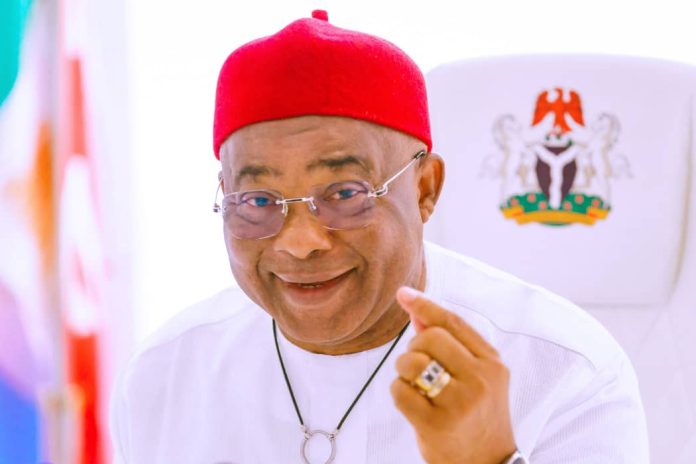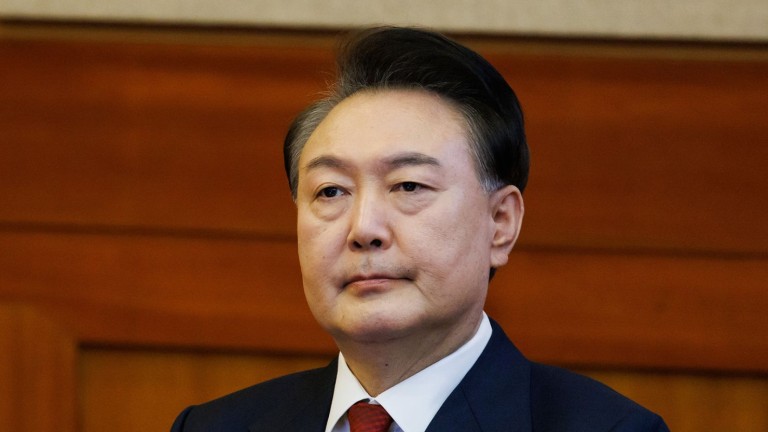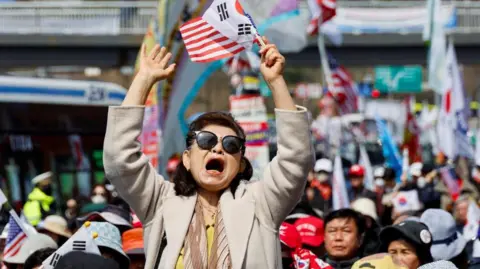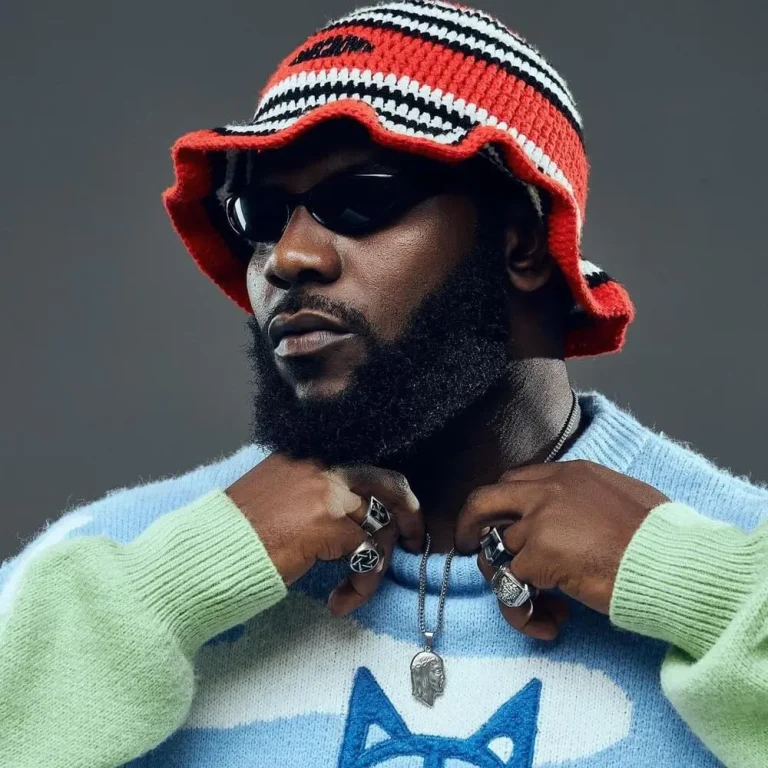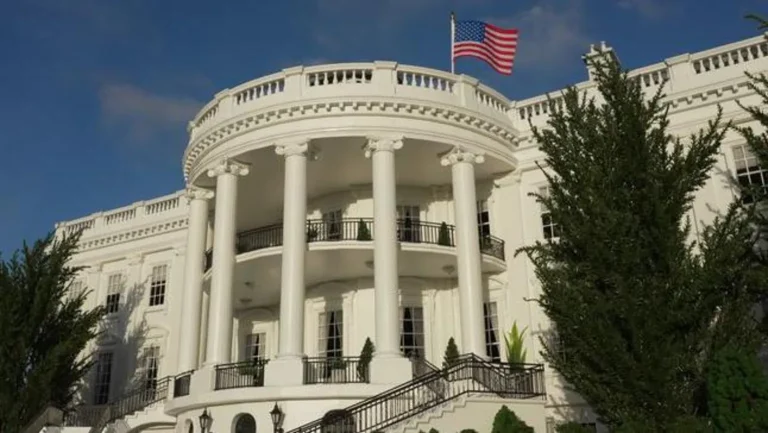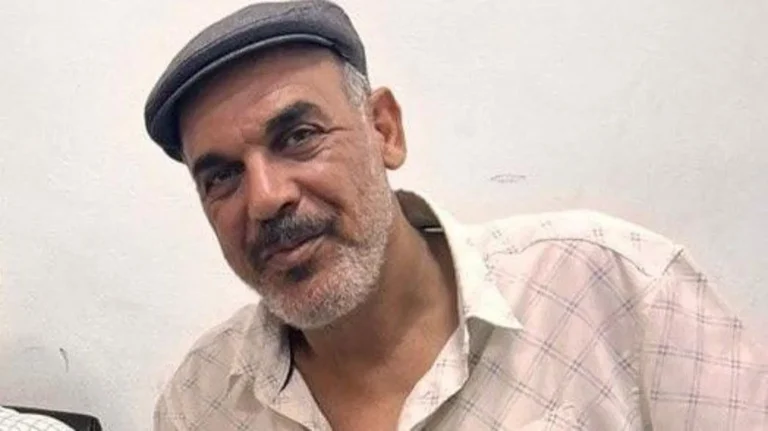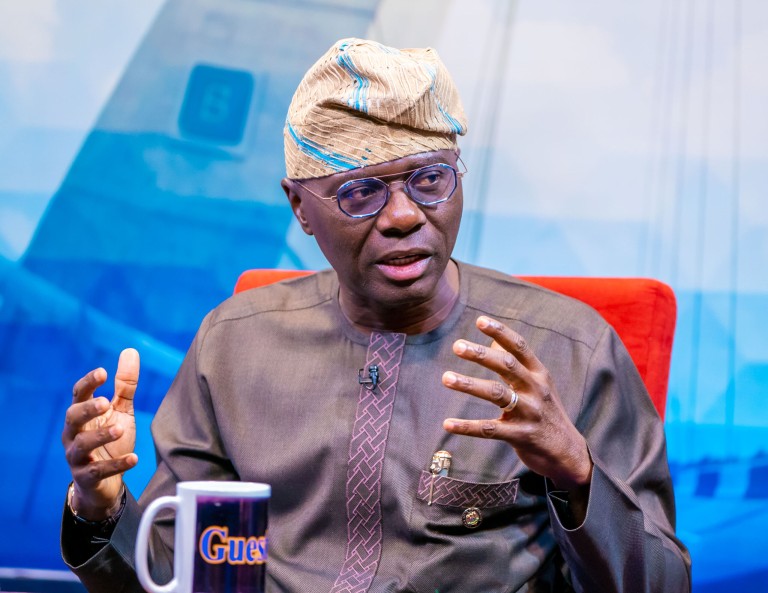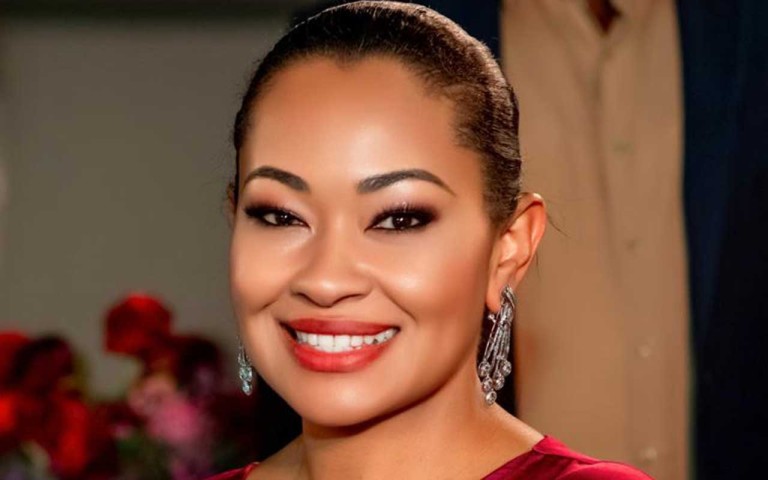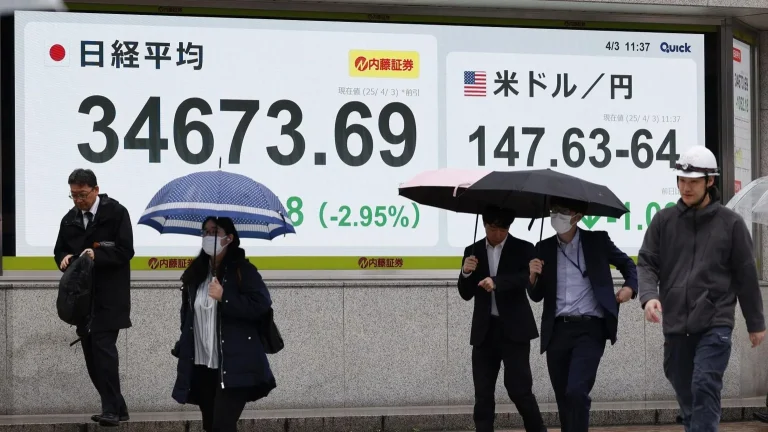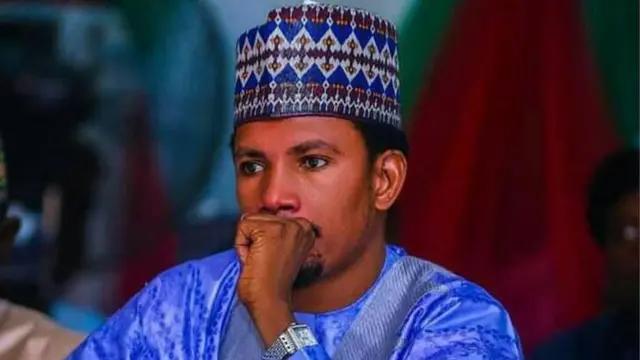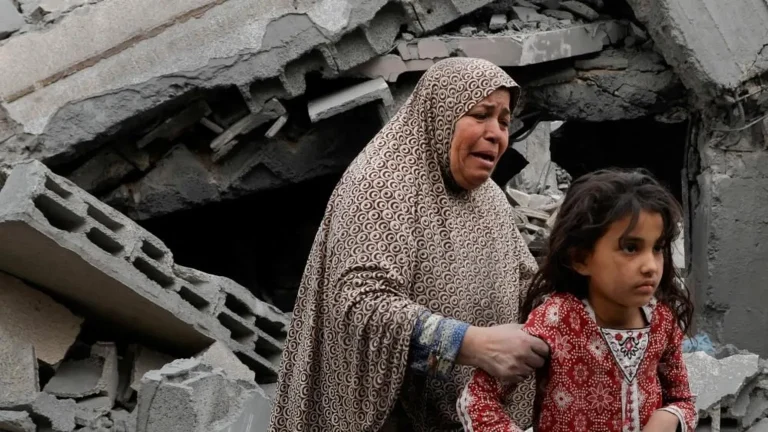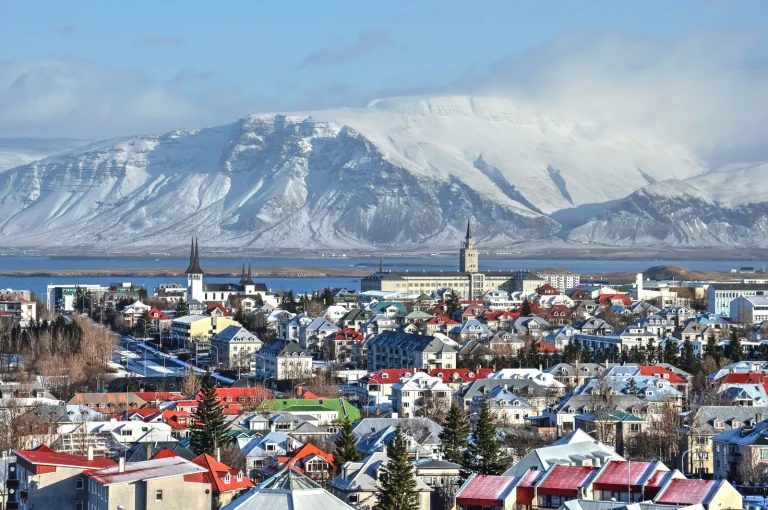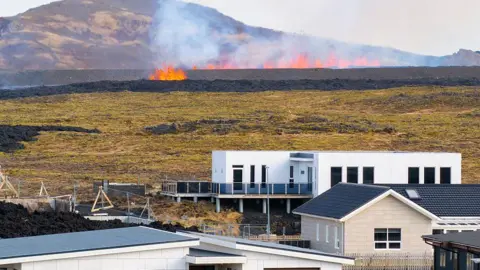2 mn readPolice in Zimbabwe have arrested 95 demonstrators following protests in Harare on Monday, where they demanded the resignation of President Emmerson Mnangagwa. The protesters were charged with “promoting public violence” and “breaches of peace,” with many identified through social media posts and a WhatsApp group, as well as by police presence at the scene. Despite the calls for protests, very few people turned out, as many Zimbabweans opted to stay home in light of a heavy security presence.
The protests were organized by Blessed Geza, a veteran of the ruling Zanu-PF party, who opposes moves by a faction within the party to keep Mnangagwa in power beyond the end of his second term in 2028. Geza is advocating for Vice-President Constantine Chiwenga to replace Mnangagwa. He had previously urged Zimbabweans to “fill the streets” in a final effort to force the president to step down.
Social media videos shared during the protests depicted the police using tear gas to disperse crowds, including one in Harare’s President Robert Mugabe Square. In another video, a woman expressed her determination to stay despite police attempts to break up the protest, stating, “We’re not going anywhere, we’re going to stay here.” One elderly protester, on crutches, also shared her frustrations, highlighting the tough conditions many Zimbabweans face, including taking care of grandchildren due to economic hardships.
While only a small number of protesters were arrested, the low turnout raised questions about the level of support for the protest movement. Farai Murapira, from the ruling Zanu-PF party, downplayed the significance of the social media-driven protests, calling them not reflective of reality. However, political scientist Ibbo Mandaza argued that the shutdown was a significant political statement, as businesses across cities were shuttered, streets were empty, schools closed, and public transport was scarce. The presence of roadblocks and heightened security throughout the day further underscored the tense atmosphere.
The protests were fueled by rumors that President Mnangagwa was planning to extend his second term until 2030, despite the Zimbabwean constitution limiting presidents to two five-year terms. While Mnangagwa has assured the public that he intends to step down in three years, many remain skeptical, especially in light of the widespread support among his backers for the idea of his extended leadership.
Geza, who is vocally opposed to the extension of Mnangagwa’s presidency, has called for the president to step down, warning that failure to do so would result in his removal. The clergy in Zimbabwe has since urged calm, warning that any unrest could further destabilize the already fragile nation.



